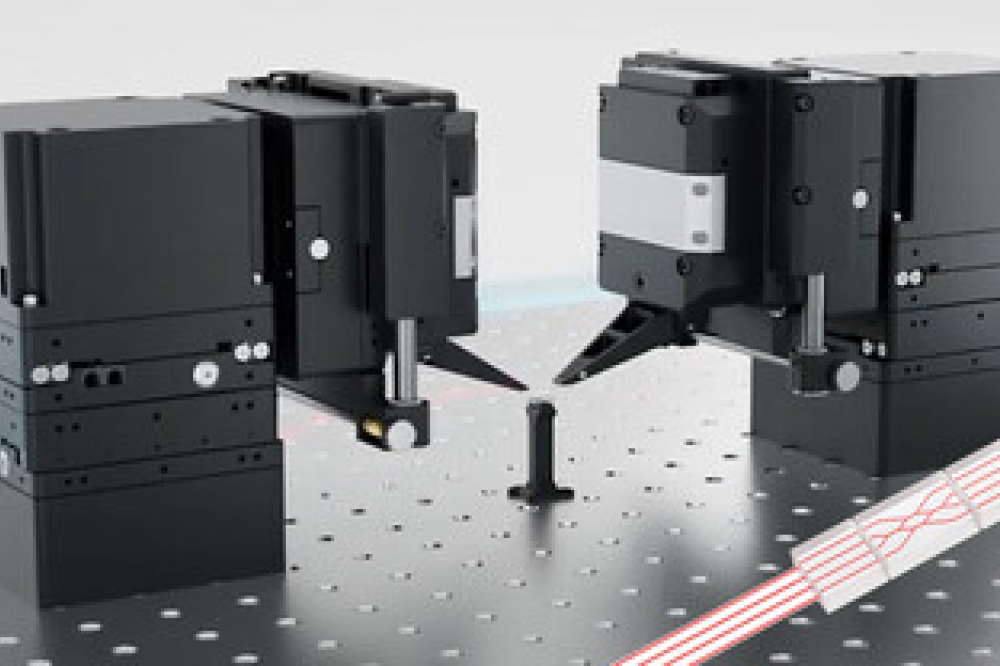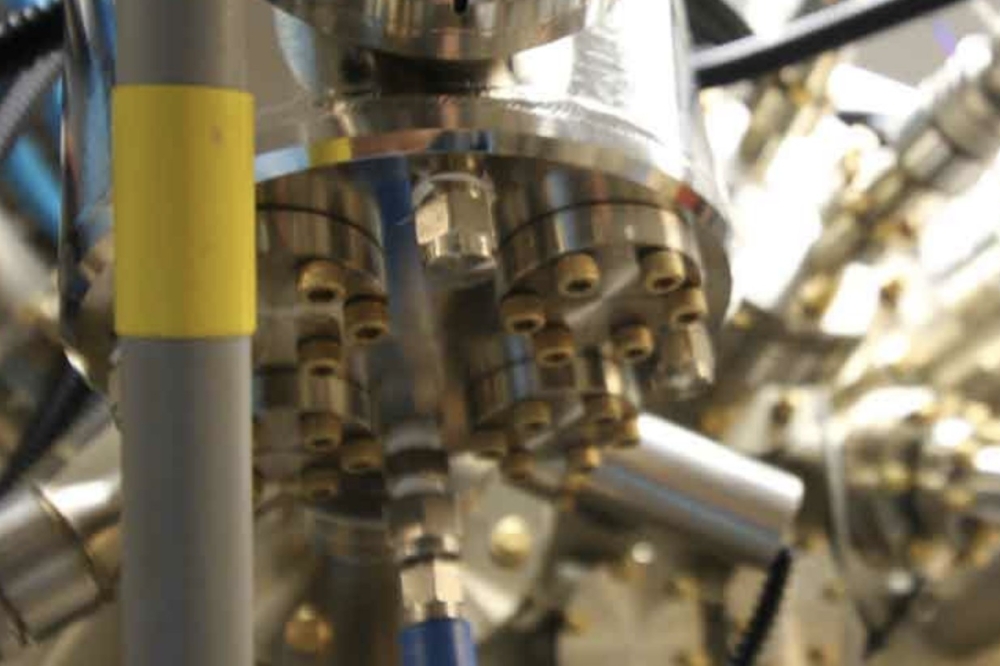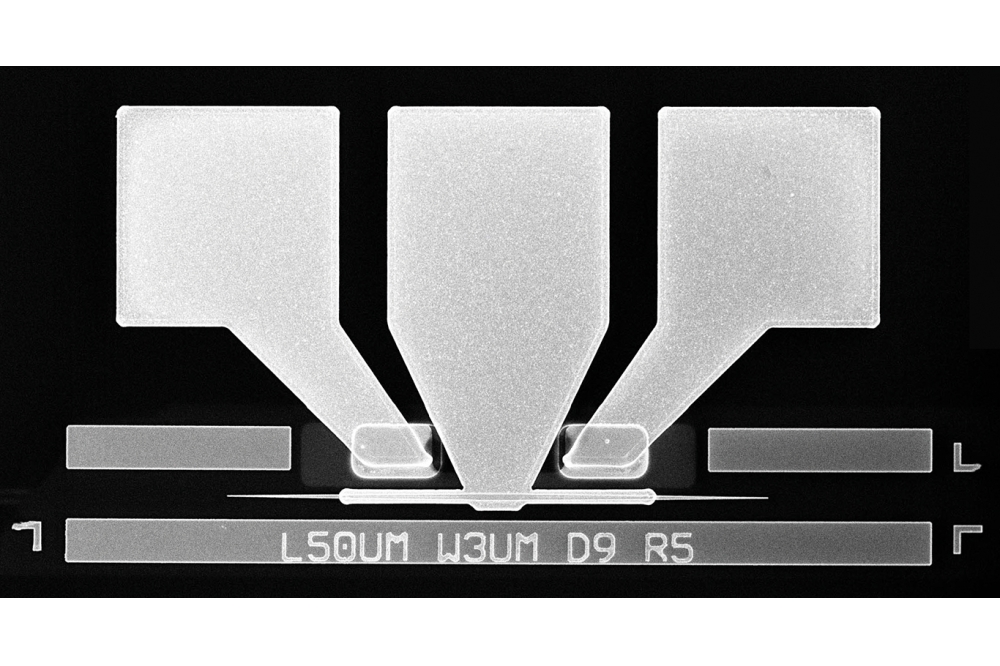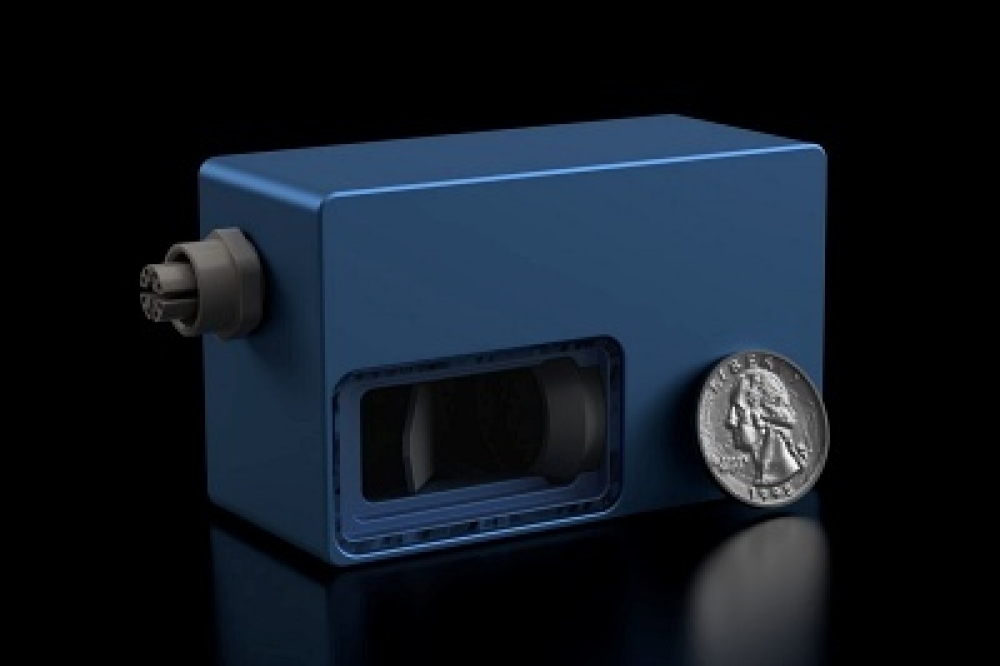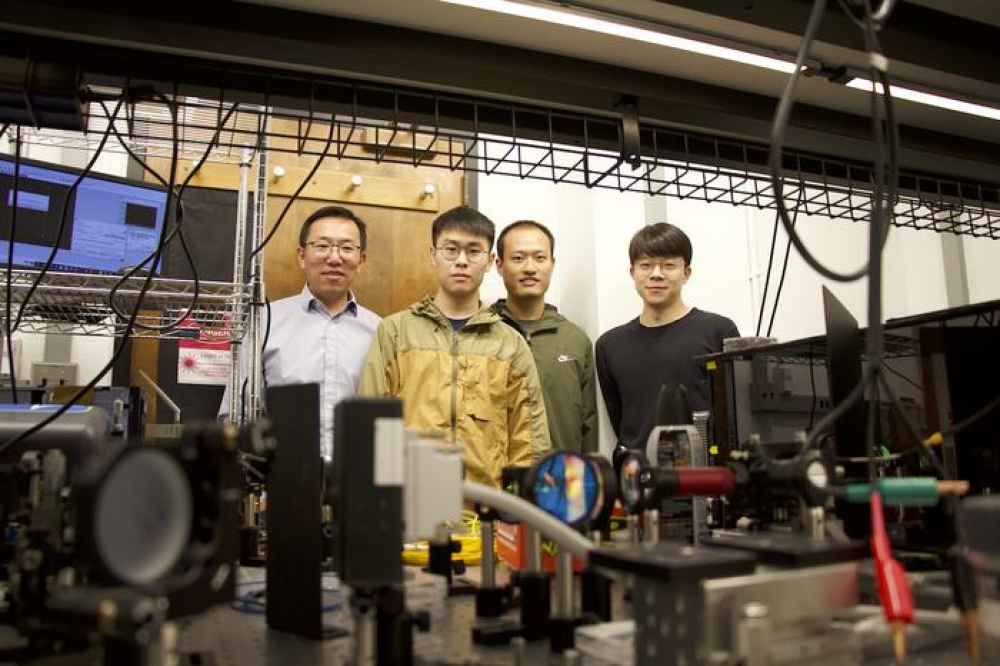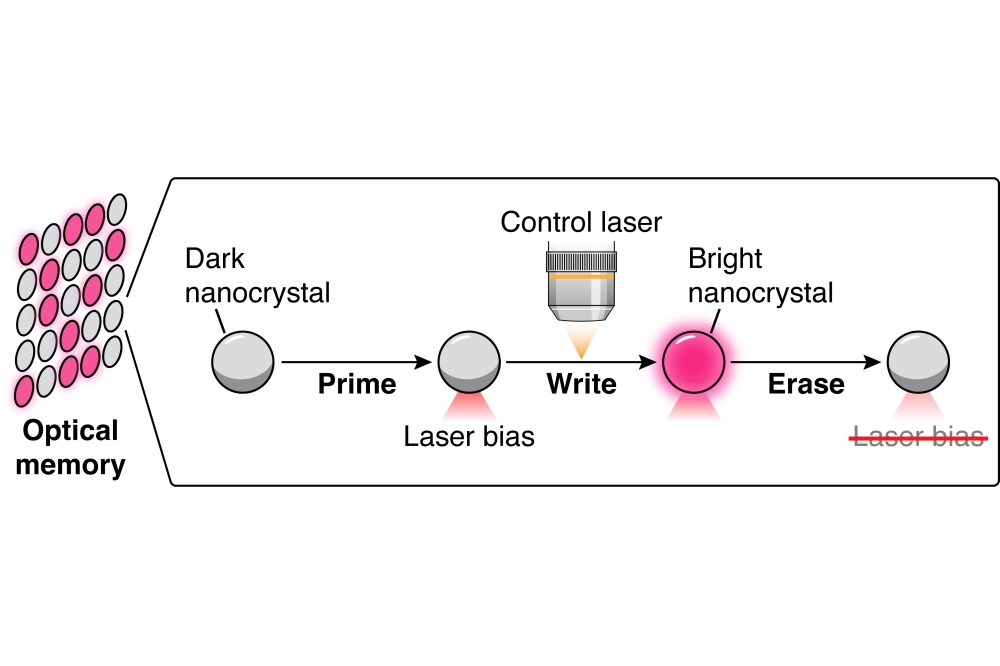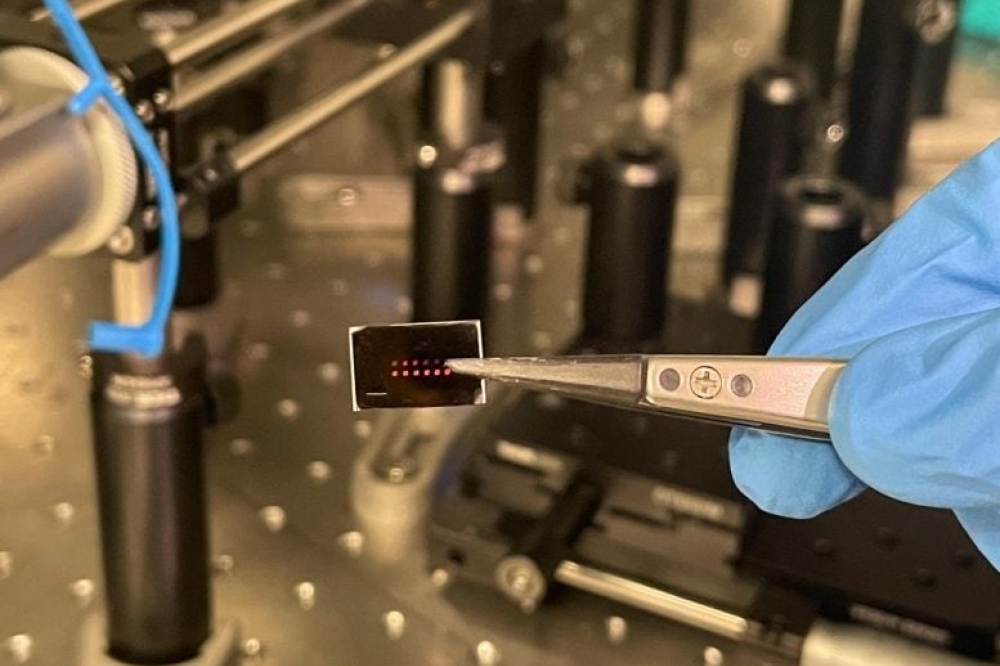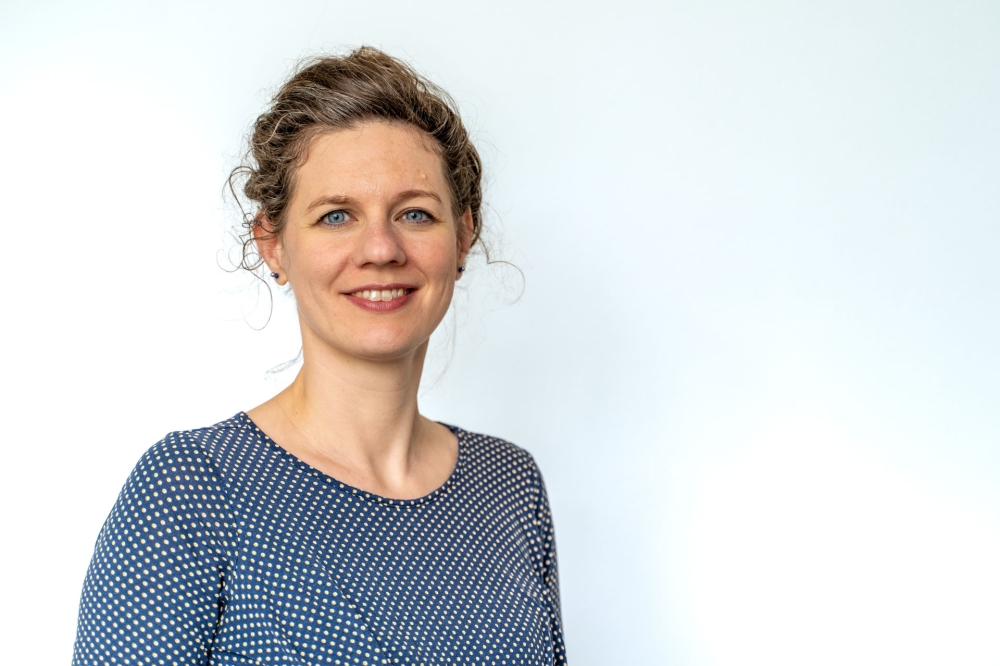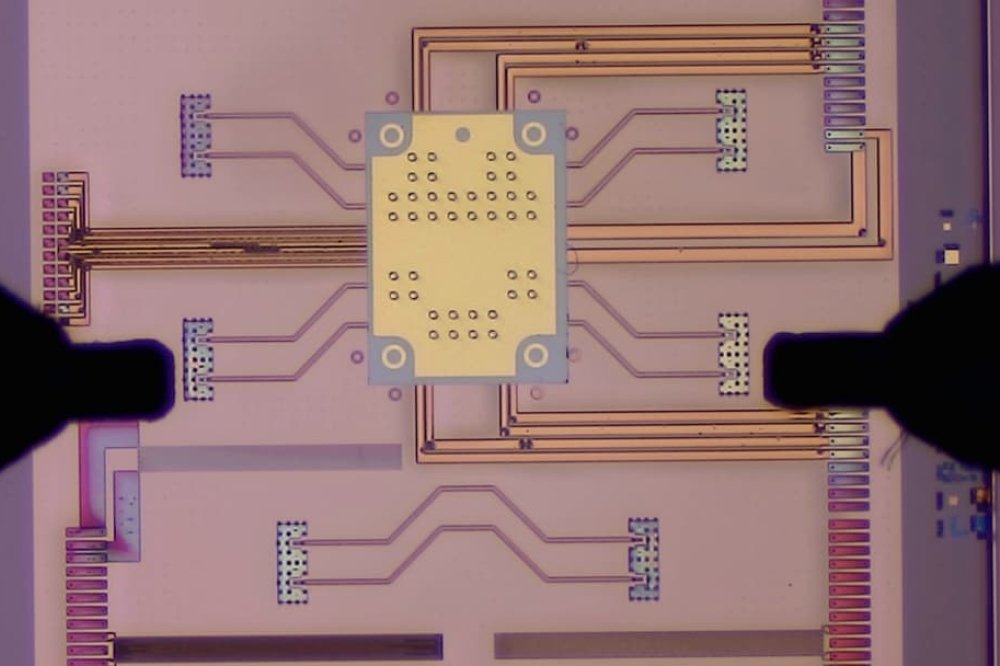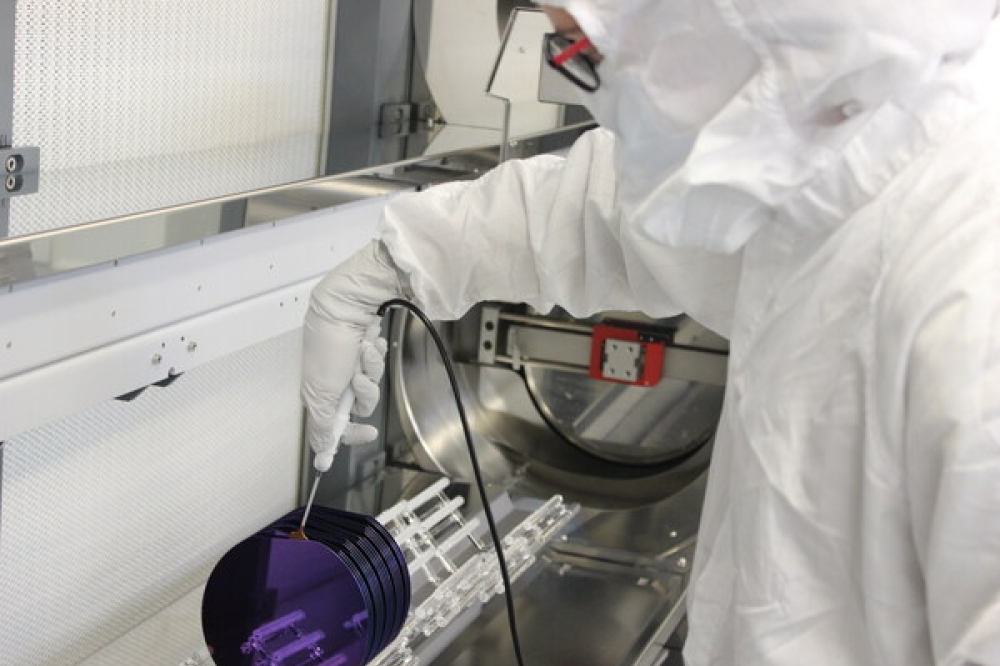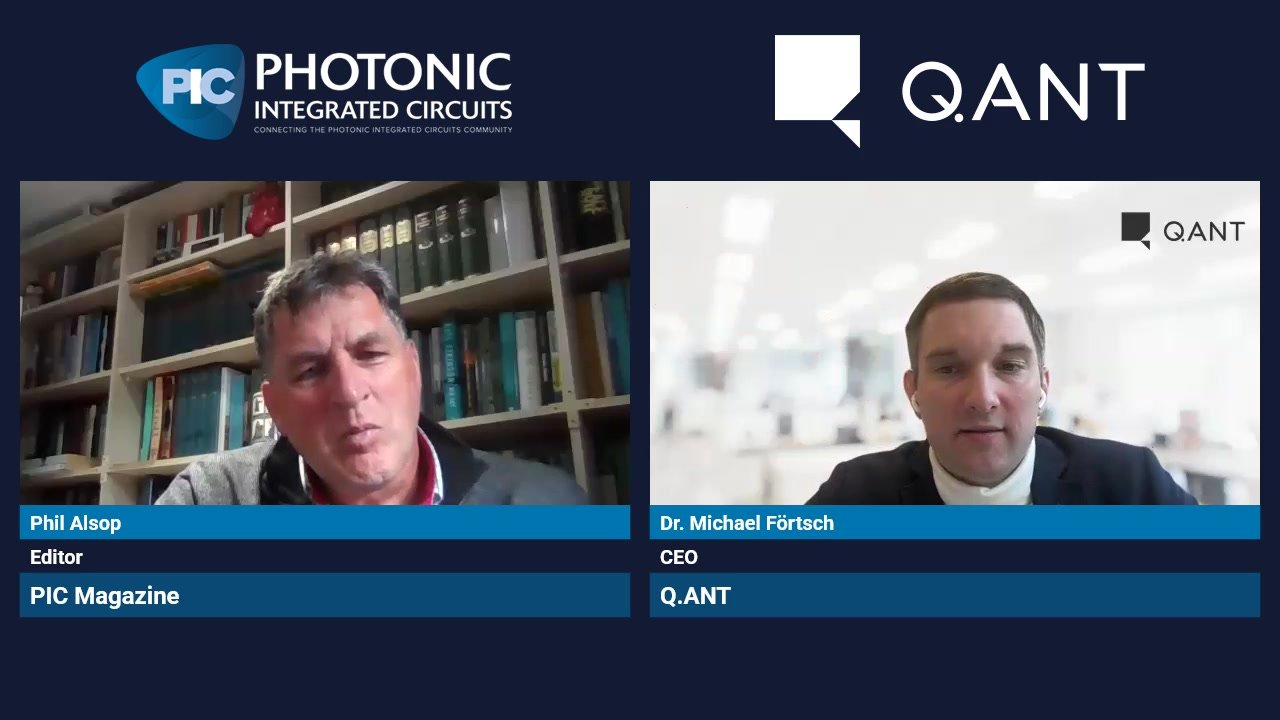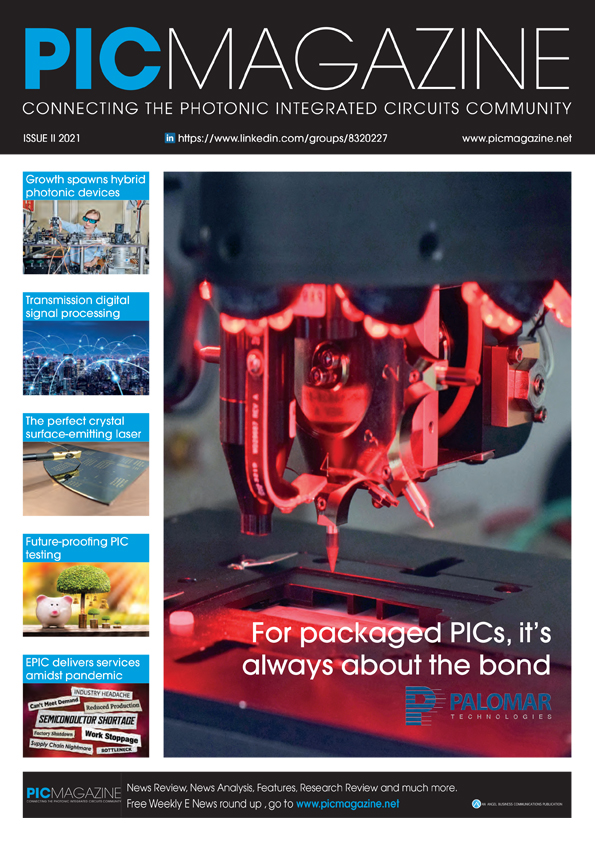
EPIC grows membership, delivers new services amidst pandemic headwinds

Businesses around the world have been challenged during the
global pandemic that is still disrupting supply chains even as the human
toll of COVID-19 continues to rise.
Mark Andrews, Editor of PIC Magazine spoke recently with
Carlos Lee, the director general of the European Photonics Industry
Consortium (EPIC), about ways the organization has promoted EU photonics
interests, adding services and growing its membership while other
associations have struggled to survive.
The last 18 months of a global pandemic has tested companies of all sizes and people everywhere like nothing else in recent history. Yet despite the challenges of working during a pandemic to serve its majority European membership, EPIC also successfully engaged with members in the U.S. and Asia. The photonics association has grown and added services at a time when other organizations considered themselves fortunate to ‘hold on.’ PIC Magazine technical editor Mark Andrews spoke with the director general of EPIC, Carlos Lee, to explore how the photonics association has grown and served member companies throughout the COVID-19 pandemic.
MA: I understand that the membership has grown during the pandemic and that EPIC is now the largest EU focused photonic organization in Europe. Is this correct, and if ‘yes’ could you please elaborate?
CL: EPIC has indeed become the largest photonics industry association in the world. We have the most corporate members – more than any other photonics association in the world. EPIC is a European organisation; we are not a global organisation, 90 percent of our members are European, five percent are global players and five percent are non-Europeans. Our mission is clear. It is European competitiveness, but we are not a political association and we are not a government funded association.
Somebody has to care for Europe. America is very innovative and doing very well; the Chinese have their own ways of doing things. So somebody should be caring for Europe and the association was created with that purpose: European competitiveness. At the same time, we are industrial and pragmatic, which means that we know that technology has no borders; investment has no borders; clients are worldwide. Therefore EPIC, while remaining a European oriented organisation, operates in the world while remaining focused on European interests.
We have ties worldwide. Despite the pandemic we are indeed constantly growing, adding about 100 members or more per year. It has grown a lot. I remember when I joined nine years ago, we had 80 members and two employees. Today we more than 700 members and we are constantly growing. We add about two members a week, on average, and have 15 full time employees, of which six have a Ph.D. and the others have master's degrees.
We have a highly skilled staff to serve all of the members. And yes, because we grew during the pandemic, EPIC—as a membership funded organisation, we have to constantly bring value to the members. We are not a show organiser. We are not a conference organiser. We engage our members all along the value chain. So we have a wide range of activities and services to bring value to the members, which also can take place during the coronavirus.
Therefore, the only thing that we could not do during the corona virus pandemic was physical events, but that is only a part of our services and therefore it did not prevent any further growth or lead to membership cancellations.
MA: Recovery from a pandemic and the consequences of COVID across Europe has challenged every aspect of business and society. Have there been things that EPIC or its membership has learnt from the experiences of 2020 or perhaps is still learning this year that you can share?
CL: Well, there has been a confirmation of some things we believed we already knew and learning from the past year and a half. The confirmation is that people need to meet face to face—we need to have human contact, but also for two other practical reasons: One is that you cannot have long two, three, or four hours of discussions on Zoom – yet at the same time, long discussions are needed to solve complex problems, to get to know each other better, to build trust.
And maybe you have also experienced something similar yourself. You know, it's only after several hours that you come with the idea; it didn't come at the beginning of a meeting. It needed two, three or four hours to come to a final decision. I have had meetings of two hours, up to eight hours. Seriously? Yes; but it is not like sitting in one place talking non-stop … So instead, we met for a drink at six o'clock. Then we went for dinner and we did not end until 1:30 AM. At EPIC we are organising PHOTONICS+ https://photonicsplus.com/, which is a virtual exhibition and conference, and that is the result of that thing. So we brainstorm for eight hours. Regular short meetings do not have enough time to talk and to build a trust relationship. That you cannot do in another way than physical. But the learning is what? Why did we not do online meetings before? They are efficient.
Since the beginning of the pandemic EPIC has organised 100 online technology meetings. These are meetings which are usually two hours long. We have six speakers on a very narrow, specific topic and we have participants worldwide. It is live streamed. Each video gets four or five thousand views on average on YouTube. That’s the outreach we have online. Our reach is wider and because it's online, we can engage more people. Why did we not do this before? Even if we had had the idea, which I blame myself for not having had the idea, but would the world have been ready for it? Probably not. But because the pandemic has lasted long enough, many people are getting used to these issues. They don't feel it's awkward any longer.
EPIC will continue to do online meetings as well. I think that despite all the bad that happened during the pandemic it has also been an opportunity for realising how valuable our networking events are, because EPIC is very, very much focused on bringing people together and building trustful relationships and get to know each other better. And at the same time, we have been able to build on this opportunity to have virtual events, which are complementary. They do not replace live events, they are complementary.
A survey by EPIC of its members found that a substantial majority
considered the association’s Online Technology Meetings have been of
high quality, useful and well organized. (630 voters completed the
survey.)
MA: I noticed that throughout 2020 and into 2021 that there were a number of EPIC member companies that have developed or are developing products that tie to early disease identification and characterization of diseases. Are there promising developments that EPIC members are working on now that might be commercialised?
CL: Yes; there have been several connections between photonics and the battle against COVID-19 and work on future disease detection. There have been special calls aimed at engaging the photonics community in solving, in detecting threats by viruses, and in general addressing the COVID pandemic. There have been numerous projects awarded to photonics companies. Our members, I think, have been very creative on applying all of their knowledge, because photonics is an enabling technology in many applications.
Many companies, which were in the medical field, have actually done quite well during the pandemic, which sometimes they do not care to promote that they did well during this time period when others have been hurt. But there have been a lot of projects. If PIC Magazine readers are interested in this, they can contact the EPIC technical team. One webinar we hosted involved the development of an anti-virus UVC-LED-based respiratory mask – This was part of the EU-funded MedPhab program. In another case, we explored the development of PIC-based biosensors for virus detection. Both of these webinars have been archived, and I invite people to visit our website for more details. Webinar links follow:
https://www.electrooptics.com/webcast/webcast-h2020-progress-towards-uvc-led-based-respiratory-mask
https://www.electrooptics.com/webcast/webcast-developing-pic-biosensors-virus-detection
MA: We've often heard about the impacts of the global pandemic on the supply chain and how these disruptions affected different companies in different ways. Have there been disruptions affecting European photonics manufacturers?
CL: I have heard this as well. I am not necessarily aware of shortages in the photonics industry due to COVID, but I am aware of several examples where the supply cycle has been disturbed. What I mean is that some people saw it coming. They piled up lots of orders, while some people said, ‘Well, I'm not sure what's going to happen during the pandemic…’ so they pushed back orders. There were not shortages, really, until some companies did not judge demand correctly, so they either failed to order material when they could, or they ordered more than they would under ordinary circumstances.
What we did hear, what we did have many, many companies tell us is that while many in photonics can work remotely—there are a lot of the things that can be done at home—but at some point you've got to go to the lab and test and measure. So they could design and do all the theoretical concepts remotely, but at some point they needed to go into the lab. And in some countries it was just not possible. So that was hard.
A lot of photonics is about emerging technology – as high tech, being at the leading edge needs a lot of international collaborations. So that is also a challenge if—for example—the Spanish could no longer meet. So the mobility aspect has had an impact. And I think the mobility aspect is the issue also in terms of hiring; you cannot hire from outside of your country.
I had a talk this morning with somebody from Norway. You cannot enter Norway right now. And this is the case in many countries as well, so I think that is more than a disruption of the value chain. I think the mobility of people to be able to continue their collaboration or development within their company and accessing labs has been impacted more than the shipment of materials.
MA: Consider how EPIC is supporting its members now and how this may change. How might your programmes and activities change, say, for the balance of this year and then looking ahead into 2022?
CL: Firstly, we decided to not have any physical events in 2021, because there is still, in my view, too much uncertainty and because we find that the online meetings are a decent way to continue. We find that planning a physical event and then maybe then have to cancel it has been a waste or distraction of resources for the team. So we will not plan physical events for this year. We continue online because we see a lot of value there; we get enormous positive feedback.
We have a nice chart with the statistics from the online events we have already had. (See Figure 1) It's like a 95 percent satisfaction. So we will continue with that. But as I said, physical events are extremely important for building trust and having lengthy discussions. So we just kind of wait to meet in person again as all of our members are just waiting for the world to start travelling again.
I think that the pandemic has been a sort of test, to see if EPIC is the type of association that the members want it to be, which most importantly is to bring real value to its members. If we are able to deliver on the promise and the fact that EPIC has continued to grow during the pandemic and hardly lose any members, I think it is a nice proof that we bring true value to the members. It would have been very easy for the members to say, ‘Carlos, you know, there is uncertainty with the budget, so we just cannot afford the membership fee this year.’ But on the contrary, we have continued to grow. Companies have sponsored our events, have strongly engaged with us. And I think that we have proven that just as companies do, EPIC as an association needs to innovate and deal with situations. I like to remind people of the book ‘Who Moved My Cheese?’ I think you're familiar with that. But this is for me, exactly the same situation.
Some people when the pandemic started said, ‘OK, well, what do we do now?’ And just like them, at first we didn't don't know how long the pandemic would last. I can remember in the early days when everyone realized this was a global problem, we met and thought of many alternatives about ways to accomplish the mission of EPIC, and we realized that doing things the way we always had would not work, so we decided to try something different and said, ‘OK, let's go and do something online.’
I think the pandemic has been a test of the agility and flexibility of the organisation and the team to adapt to a new situation. And as I said, I think we passed the test successfully…Our first event was on the 23th of March 2020 (EPIC Members Online Meeting on Coronavirus Impact & Possible Concerted Actions). The 13th of March 2020 was my last business trip. It took less than a month to adjust to the new reality of not being able to travel and to move everything to online. And so it was a nice test and exercise for the team.
I would say that I think that the pandemic has been an opportunity to take the best out of every situation at an individual level as well as organizationally. Although I used to travel 130 days a year, this last year and a half has been in a way a fantastic opportunity. It has allowed us to install a new IT infrastructure, our CRM system, which gives us more time for training, for the development of processes within the organization. So I think we got the best out of it. And I don't believe in wishful thinking or management by wishful thinking. It is OK to wish, but you have to hope for the best, and plan for the worst. And at EPIC we managed to do that. It was also a stress test on our finances. But also we readjusted our budgets as well so that it did not affect our bottom line. So on the positive, I think that if I had to make the closing remark, it would be that I am grateful for our members that they have continued trusting and engaging with the organisation. And I am grateful and thankful for all of the support that they provided.



